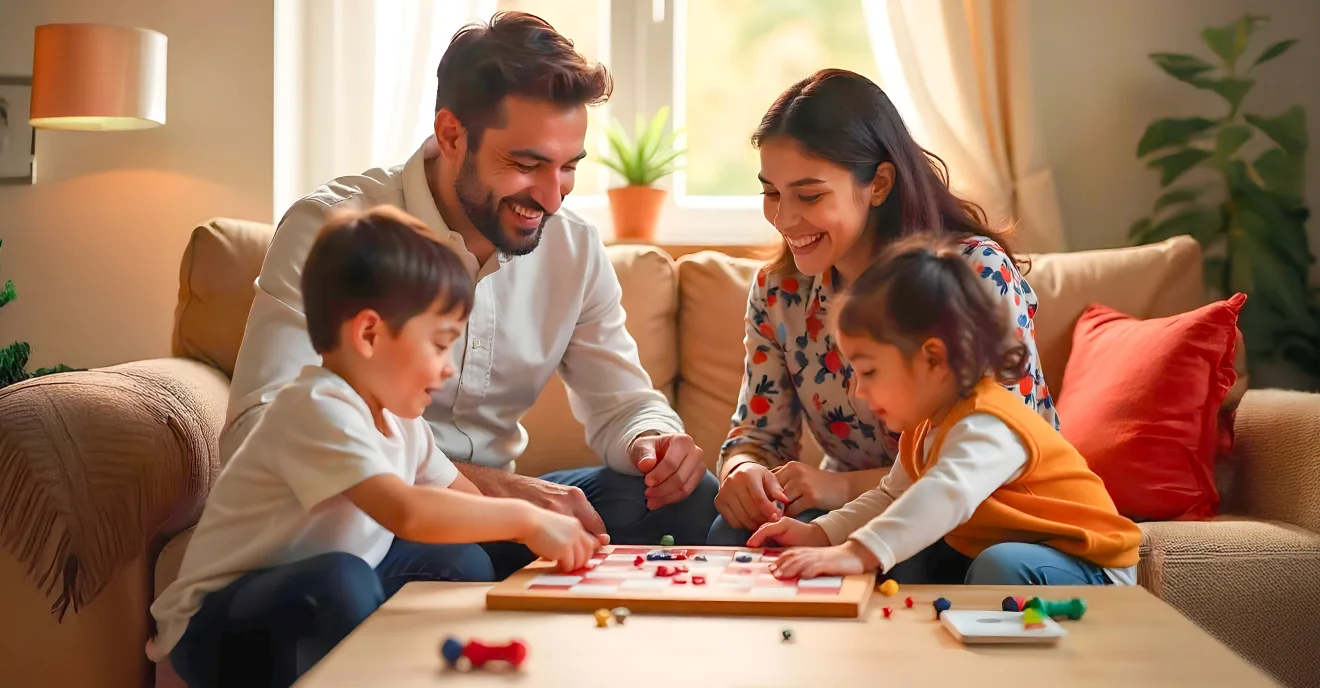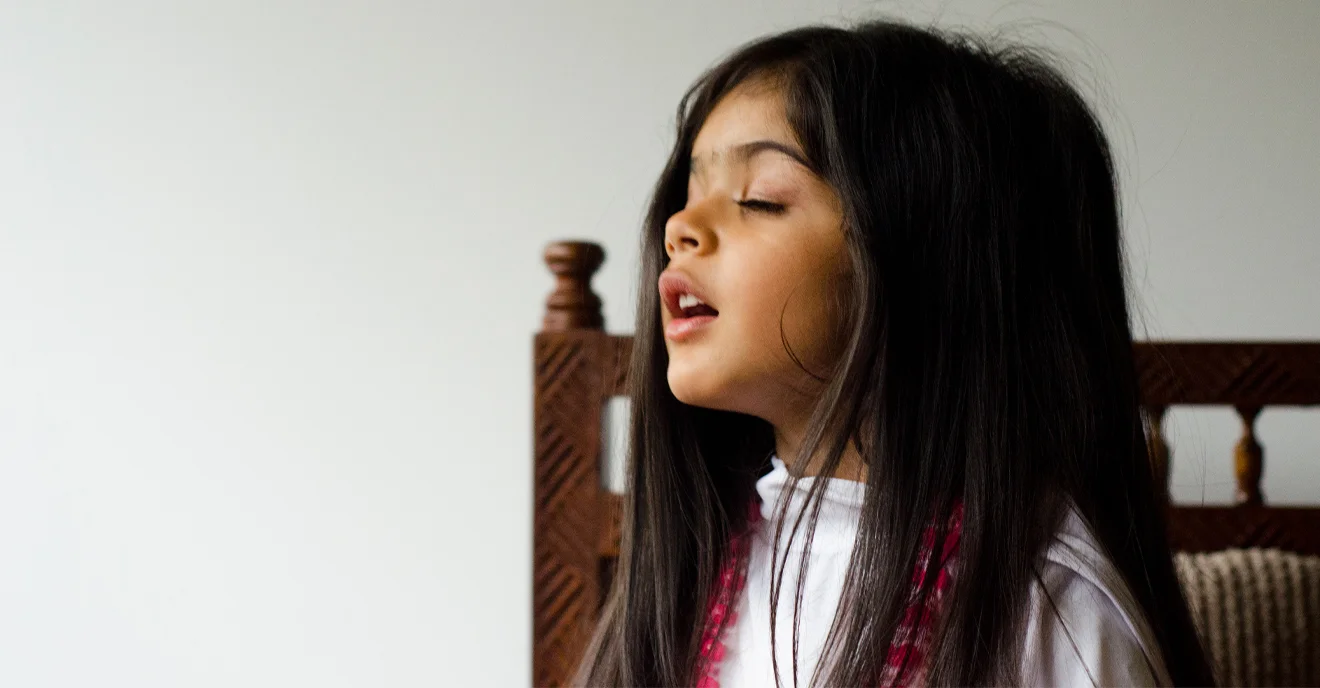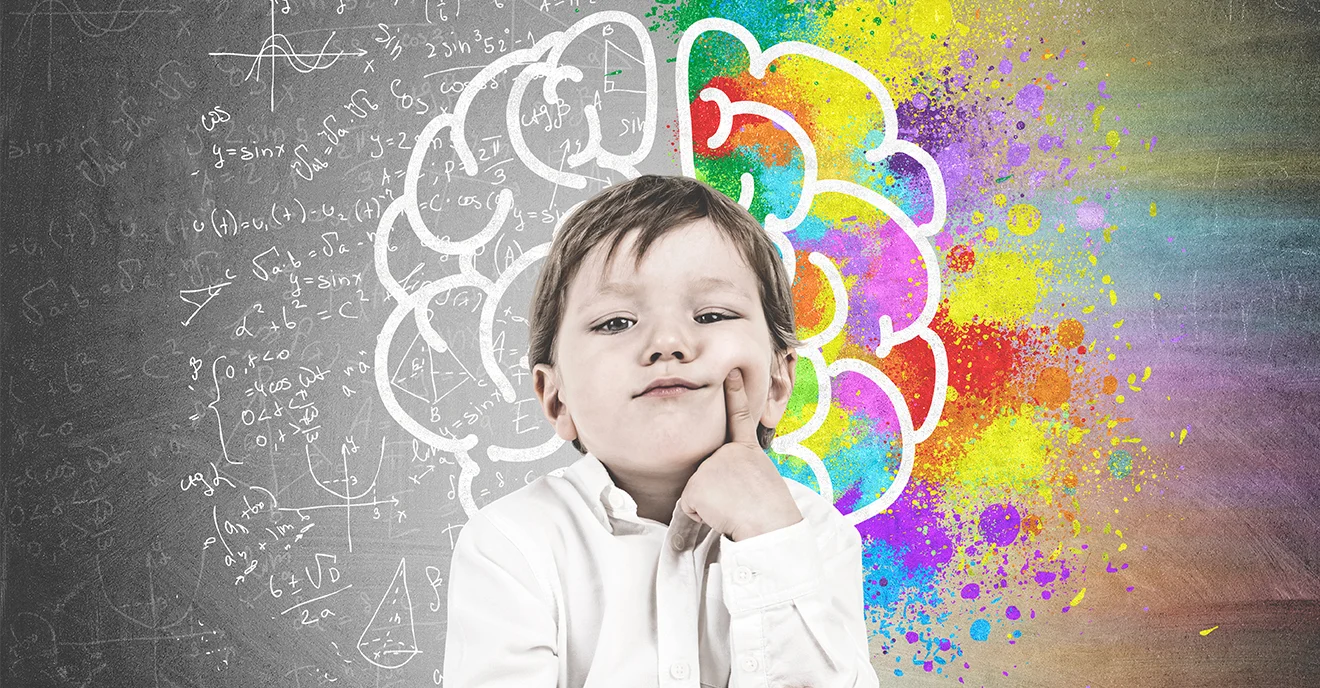At Happy Souls: The Wholesome Evolvement, we believe that mindfulness is an invaluable tool for nurturing calmness, focus, and emotional well-being in young children. Teaching mindfulness to kids as young as 18 months old can have profound benefits, helping them navigate their emotions and stay centered in a busy world. In this blog, we’ll explore what mindfulness is, why it’s important for young children, and share some simple mindfulness exercises that are perfect for little ones.
What is Mindfulness?
Mindfulness is the practice of being fully present and engaged in the moment, aware of our thoughts, feelings, and surroundings without judgment. For children, mindfulness can be a way to develop greater self-awareness, emotional regulation, and focus. By incorporating mindfulness practices into their daily routines, children can learn to manage stress, enhance their concentration, and build resilience.
Why Mindfulness is Important for Young Children
Young children experience a range of emotions and new experiences as they grow and develop. Mindfulness helps them:
- Understand and Manage Emotions: By recognizing their feelings, children can better understand and express them.
- Improve Focus and Concentration: Mindfulness practices can help children concentrate on tasks and activities, enhancing their learning experiences.
- Build Resilience: Learning to stay calm and present in the moment helps children cope with challenges and setbacks.
- Develop Empathy and Compassion: Mindfulness fosters a sense of empathy and understanding towards themselves and others.
Easy Mindfulness Exercises for Little Ones
Here are some simple mindfulness exercises suitable for children aged 18 months to 8 years:
1. Breathing Buddies
- How to Do It: Have your child lie down and place a small stuffed animal on their tummy. Encourage them to take deep breaths and watch their “breathing buddy” rise and fall with each breath.
- Benefits: This exercise helps children become aware of their breath and promotes calmness.
2. Bubble Blowing
- How to Do It: Give your child a bottle of bubble solution. Encourage them to take deep breaths and blow bubbles slowly, focusing on the bubbles as they form and float away.
- Benefits: Blowing bubbles can help children regulate their breathing and stay focused on the present moment.
3. Mindful Listening
- How to Do It: Ring a bell or play a calming sound. Ask your child to listen carefully to the sound and raise their hand when they can no longer hear it.
- Benefits: This exercise enhances concentration and auditory awareness.
4. Five Senses Exercise
- How to Do It: Ask your child to notice and name things they can see, hear, touch, smell, and taste in their immediate surroundings.
- Benefits: Engaging the senses helps children ground themselves in the present moment.
5. Body Scan
- How to Do It: Guide your child through a simple body scan, asking them to notice how different parts of their body feel, starting from their toes and moving up to their head. Use song Move your Feet
- Benefits: This exercise promotes body awareness and relaxation.
Benefits of Mindfulness for Emotional Regulation and Concentration
Mindfulness practices offer numerous benefits for young children, including:
- Emotional Regulation: Mindfulness helps children recognize and manage their emotions, reducing tantrums and improving their ability to cope with frustration.
- Enhanced Concentration: Regular mindfulness practice can improve attention spans and help children stay focused on tasks, supporting their academic and personal growth.
- Reduced Stress and Anxiety: Mindfulness techniques provide children with tools to manage stress and anxiety, fostering a sense of calm and well-being.
- Improved Sleep: Mindfulness practices can promote better sleep by helping children relax and unwind before bedtime.
Mindful Mondays at Happy Souls
At Happy Souls, we integrate mindfulness into our weekly routine through our Mindful Mondays program. On these special days, we engage children in activities such as meditation, mantra chanting, mindful games/exercises, and listening to spiritual stories. These practices not only introduce them to mindfulness but also create a peaceful and reflective start to the week.
Conclusion
Mindfulness is a powerful practice that can support the emotional and cognitive development of young children. By incorporating simple mindfulness exercises into their daily routines, children can learn to navigate their emotions, improve their focus, and build resilience. At Happy Souls, we are committed to nurturing the holistic development of children through mindfulness and other enriching activities.
For more information about our programs and mindfulness activities, visit our website at Happy Souls.





